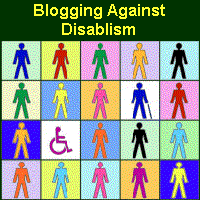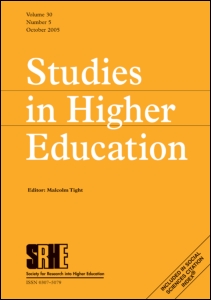Free access to Education, Tech and Disability research: Fill your boots!

Last year, academic publisher Routledge offered 30 days of free access to their education journals. This year, they’re offering similar access with a couple of additional constraints. Firstly, to access the journals you have to register on their site, secondly, articles are only available for 14 days this time around. On the plus side – you can register and begin the 14 days of access at any point up until the 30th June 2012.
Dedicated readers may remember that last year I highlighted a set of papers that I felt would be of interest to education, technology and disability professionals outside of academia. Normally, the cost of accessing closed, subscription journal articles is far too much for people to bear, with articles usually retailing at around £23 ($36). So my advice? Sign up and take two weeks to fill your boots!
To recap: some great (mind expanding) papers for people working in the area of disability, technology, user experience, accessibility, technology enhanced learning and human computer interaction will be available. I still heartily recommend these papers and special issues, I’ve blogged about each as follows:
- Aversive Disablism: subtle prejudice towards disabled people by Mark Deal
- Identity and Disability by Nick Watson
- The use and non-use of technology assistive technologies by Soderstrom and Ytterhus
- Disability, Technology and e-Learning edited by Jane Seale… Note: Jane is currently editing a second special collection of papers about digital inclusion and learning for Research in Learning Technology with William Dutton of the Oxford Internet Institute. Peer-review is underway. As Research in Learning Technology is now an open access journal this will be freely available when it is published.
- Hierarchies of Impairment by Mark Deal
- The anti-social model of disability by Dewsberry et al
- Three papers on disability and the internet including: Disability Discourses for Online Identities by Bowker and Tuffin, Holding the line online: exploring wired relationships for people with disabilities by Seymour and Lupton and Being there by Anderberg and Jonsson.
- Digital agility and disabled learners by Seale, Draffan and Wald
- Critical approaches to accessibility for technology enhanced learning by me, Sarah Lewthwaite.
Next week I’ll be recommending ALL NEW additional research papers that Routledge have published in the field since last year’s Open Access festival. If you have any additional papers you’d like to list, or any other comments, please post, I’d love to hear from you.



